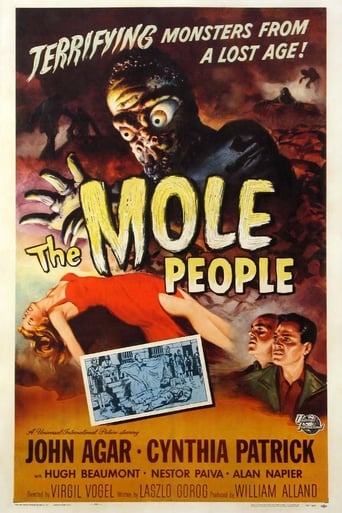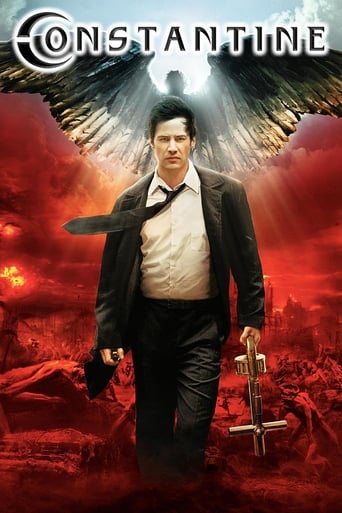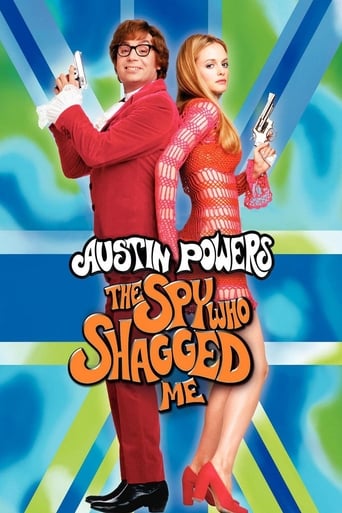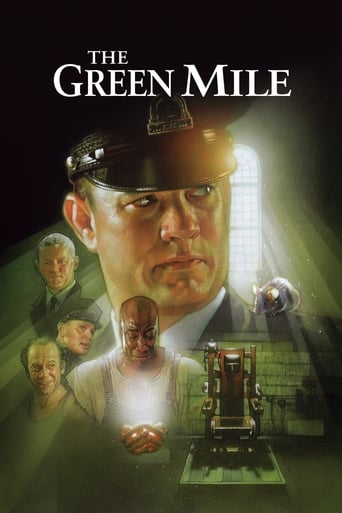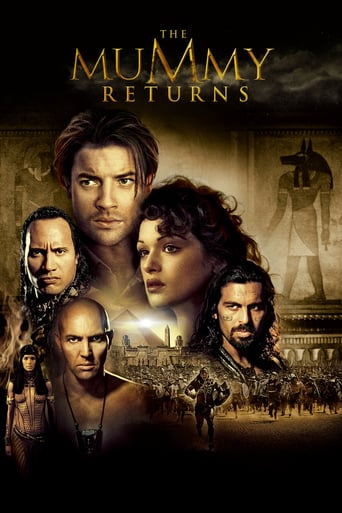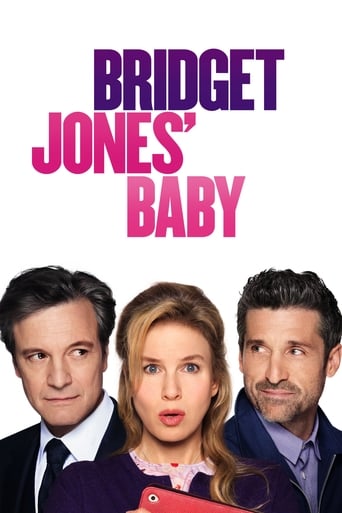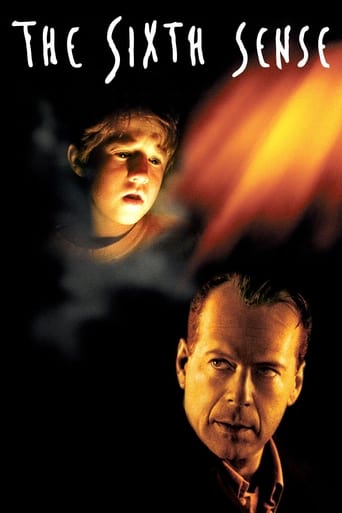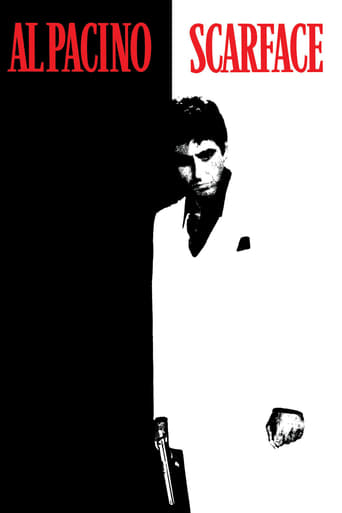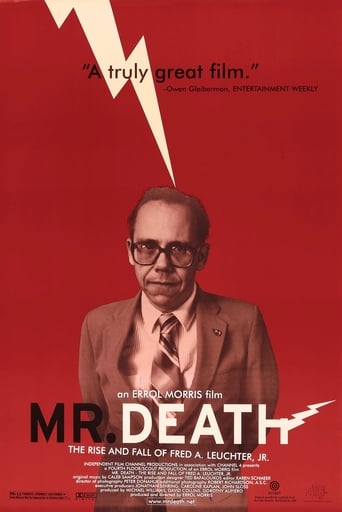


Mr. Death: The Rise and Fall of Fred A. Leuchter, Jr.
A portrait of the life and career of the infamous American execution device designer Fred A. Leuchter, Jr. Mr. Leuchter was an engineer who became an expert on execution devices and was later hired by holocaust revisionist historian Ernst Zundel to "prove" that there were no gas chambers at Auschwitz. Leuchter published a controversial report confirming Zundel's position, which ultimately ruined his own career. Most of the footage is of Leuchter, working in and around execution facilities or chipping away at the walls of Auschwitz, but Morris also interviews various historians, associates, and neighbors.
-
- Cast:
- Fred A. Leuchter Jr. , Robert Jan van Pelt , David Irving , Shelly Shapiro , David Collins , Adolf Hitler , Errol Morris


Similar titles
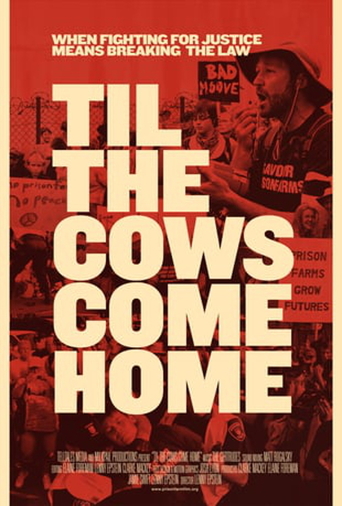


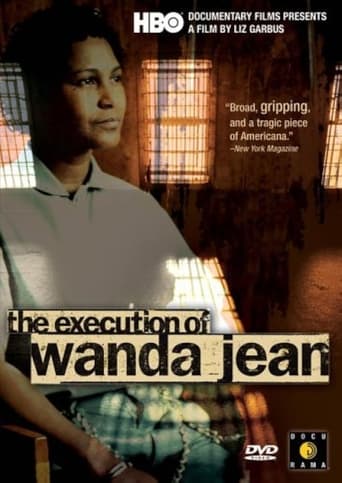
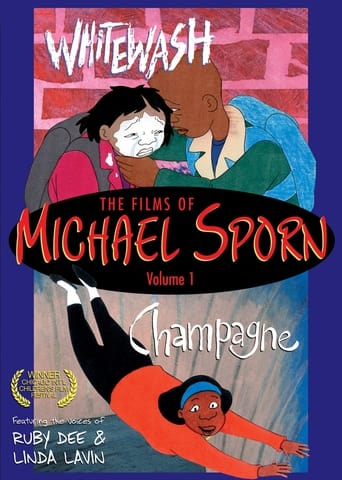
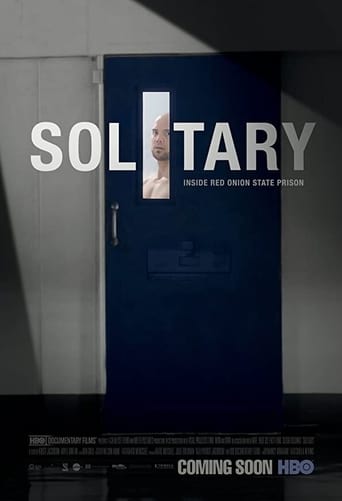

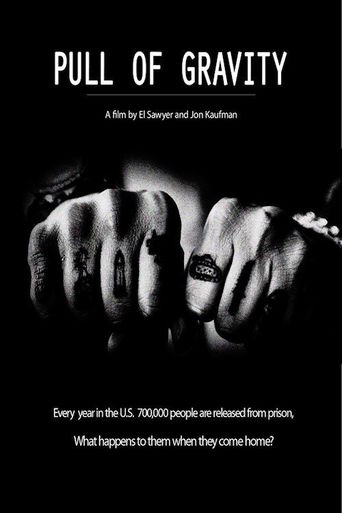

Reviews
Truly Dreadful Film
n my opinion it was a great movie with some interesting elements, even though having some plot holes and the ending probably was just too messy and crammed together, but still fun to watch and not your casual movie that is similar to all other ones.
I think this is a new genre that they're all sort of working their way through it and haven't got all the kinks worked out yet but it's a genre that works for me.
It really made me laugh, but for some moments I was tearing up because I could relate so much.
Errol Morris documents a cinematic portrait of timid eccentric Fred A. Leutcher, Jr. The rise of this man begins with his successful career as an American execution device and designer (the electric chair, lethal injection, and the gallows). And his fall, midway through designing a better way to use the noose, or "gallows," he's employed by Holocaust deniers to collect "proof" that the gas chambers in Auschwitz were intended for that purpose. Mostly through close up and dreamlike montages, Leutcher's personae becomes much of a lark. How is the audience supposed to view this character? Is he good or evil? That's where Errol Morris shines in this ambiguous documentary presenting the difficulty of simplistic moral values. Another takeaway from the documentary is the irony that eviscerates Leutcher's life. For instance (SPOILERS), the states that hire hime for these capital punishment devices later refuse to deal with him once he writes the "Leutcher Report" and makes connections with Neo-Nazis and Holocaust deniers. Much of this documentary depends on the individual's amusement with the character, which can be sometimes difficult because he is an oddball and his ramblings are quite dispiriting (there's a scene with an elephant being electrocuted). Also, one of my pet peeves in talking head documentaries consists of an edit being obvious to cut out extraneous dialogue or the scene cuts to black to reorientate the viewer back to the story, this happens several times. Although Mr. Death succumbs to some distressing moments, Errol Morris captivates his audience with irony and judgmental restraint to allow the audience to make our own impressions of this milquetoast.
"Mr. Death", viewed at Berlin 2000 in the new Potsdmer Platz surroundings, is an astounding feature length interview focusing on Fred Leuchter, an American engineer who used to design execution equipment for the death rows of American prisons. Enlisted by a Holocaust Denial group to 'test' the gas chambers of Auschwitz he found "no traces of cyanide" thus supporting the denial position that the entire Holocaust was a hoax. Confronted by evidence from other scientists indicating that his testing methods were ridiculously superficial – in fact, downright unscientific – he just laughs this off, reveling in his new-found notoriety as a "hero" of the denial movement. More than a political film, this is a razor- sharp case study of a bizarre personality totally out of touch with reality, a walking nut-case whose warped logic is readily accepted by those who want to believe what they want to believe. Frightening, moreover, in how it shows the thinness of the line between credibility and incredibility when it comes to the structuring of public opinion.Many Jews have attacked this film claiming that it makes too strong a case for denial, when in fact the subtle but clear intention of the filmmaker is to point up the twisted logic of the denier. To accomplish this you have to let the subject have his say, but the logic of the insane can sometimes sound uncomfortably compelling – and there's the rub. Director Errol Morris was also the maker of the extraordinary 1991 documentary on Cambridge cosmologist Stephen Hawking entitled "A Brief History of Time". Dr. Death should be required viewing in Yeshivas and Churches alike.
In recent months, I've really grown to love documentaries--having seen some truly exceptional ones. As a psychology teacher, these sort of films make great fodder for discussions with my students. I haven't shown them MR. DEATH, but might consider doing so in the future since the main character is so bizarre and difficult to comprehend.The film is unusual in that the first third of the film is amazingly different than the rest of the film. It seemed as if the man who was the focus of the film (Fred Leuchter) was an entirely different person in the final 2/3 of the movie. This was very clever film making--throwing the audience a curve-ball, so to speak. As a result, the audience which initially probably felt somewhat sympathetic towards this very odd man, are now transformed into charter members of the "I hate Fred Club"! As the film begins, you'll notice that there is no traditional voice-over narration--instead, Fred and a variety of others talk on camera as narration. It seems that Fred has become a bit of an authority on how to humanely execute criminals (an interesting oxymoron). Oddly, while he has some advanced training and is obviously very bright, he seems way overconfident in himself and his abilities. He also seemed quite ghoulish in his excitement about his trade (building and remodeling all types of death equipment), but on the other he also seems pretty decent as he talks about how its wrong to make people feel pain or make the executions too grisly. He felt his job was a positive thing in order to make the execution as easy on the recipient as possible. While this may or may not have been the purpose of the film, the overall message did a lot to make me think twice about the death penalty--especially when he talked about how messy and disgusting the process actually was. Television and movie portrayals are WAY too sanitized and hearing Fred talk about the process is very disturbing.Then, almost completely out of the blue, the film discusses Fred's involvement in a court battle in Canada concerning "hate speech". A holocaust denier was going on trial for publishing booklets saying that there wasn't any widespread killing of Jews by the Nazis. Fred was hired as an "expert witness" to testify for the defense even though he really didn't have formal training in executions or mass exterminations (it was more a hobby or he was a semi-pro in the field). The film then follows him to Auschwitz as he illegally takes samples to prove that no gassings occurred there. While Fred seems very confident of his methodology, the film makers later reveal that in many ways he had no idea what he was talking about nor did he know how to take proper samples.The sad part about the film is not just how he was used by the neo-Nazis but how Fred was so dogmatic and narcissistic that he could not allow himself to question his methodology or objectivity. As a result, Fred's life was destroyed and at the same time, he became a celebrity, of sorts, on the neo-Nazi talk circuit. So on one hand, he's lost his job,wife and home, he's hated by practically everyone---and on the other, he's the darling of pinheads all over the world! By the end of the film, Fred is as dogmatic as ever--even as his life goes down in flames! As far as how the film was constructed, it was excellent. Fortunately for the film maker (Errol Morris), there was film of a young Fred cavorting about prisons with his father (who worked there) and when sampling the death camp for evidence of cyanide, there was also a film crew of his own documenting the process. Morris was able to integrate these into present day video to produce an intriguing but highly confusing and disturbing film. While this film is definitely not for everyone, those who have a high tolerance for the weird and a desire to learn about odd personalities are strongly encouraged to give this one a try. Just be prepared to feel that Fred is quite the enigma and answers won't be very easy to find. Also be prepared to both hate the man and yet feel a tad sorry for him at the same time--a truly odd and jarring experience for me.For more information about Fred, try the following link (http://en.wikipedia.org/wiki/Fred_A._Leuchter). Unlike some Wikipedia articles, this one seems rather sound--with decent documentation. I particularly was surprised to see that Fred was not even an engineer but had a BA in history and he was definitely practicing as a trained engineer!! Even the Errol Morris documentary didn't catch that!
Fred A. Leuchter is a man whom you want to despise, to hate with all your being. It's easy to do. How could a man be so foolish and ego-maniacal? He was already fortified with a solid career as an engineer who helped manufacturer and supervise the more 'humane' developments of the electric chair, lethal injection, hanging, and gas chamber methods of capital punishment. On that point, whether or not you agree with the death penalty, he worked as a professional (or at least in his mind he did, to where he was contracted all over the country). But then came the neo-Nazi/holocaust denier from Canada who drafted Leuchter- a man who never faced defending such a man (albeit he still to this day believes any person has a fair right to a defense, and still albeit in Canada)- to go to Poland and Germany, dig up some samples off the fronts of the walls in the dilapidated concentration camps, and see if gas was to be detected. He brought back samples (undercover), gave it to a scientist, who found there were no traces of gas. Imbued by this, he wrote the 'Leuchter Report', and then everything went to hell...In Errol Morris's film of Mr. Death, Leuchter is portrayed in a very complex manner. You're not sure what to make of him going from scene to scene; he knew what he was doing was for science- he professes also to this day to not be anti-Semitic, this despite his appearances as a guest speaker with "Revisionist History" groups- but he wasn't the right person for the job, if the job should've even been considered in the first place. As the scientist at the Massachusets facility Leuchter (not saying what really for) brought the samples said, there wasn't enough real data to prove or disprove anything about what was in the walls. Also, Leuchter didn't do his homework on matters surrounding the camps. Any filmmaker might've just focused on this portion of Leuchter, as his most notorious moment which was his own undoing (no more career, no more wife, reduced to trying to sell half a lethal injection machine).But Morris has the first half hour of the film as an utterly fascinating dissection of the mechanics and physics of cooking a man with electricity, or the gears of making sure that injecting a man's death is by all means 'comfortable'. He's a guy who drinks, astonishingly, 40 cups of coffee, smoking 6 packs a day, and seems perfectly normal. With this prelude, we're given what seems to be another of the honorable defectives in a line of Morris films (i.e. Gates of Heaven, Vernon Florida, Fast Cheap and Out of Control). So by the time the Leuchter report story unfolds, he comes off as, in a way, more pathetic than really evil. As one of the other interviewees observes, he's not naive (hence the money he was paid and the notoriety he soaked up before the big fall in reputation), and he also believes in free speech and the right to a defense, so on and so on. He's certainly not a man one would usually want to have a cup of Joe with. But pure evil? Mr. Death is one of Morris's most peering and uncompromising documentaries, and this time his profile of this not-quite tragic figure allows for him plenty of room for contemplation- not about if the holocaust didn't happen, lord knows Morris isn't out for that, and I'm sure he would believe the jury is in, but about the dangers of pride in one's work (i.e. "Leuchter wasn't Sherlock Holmes"), and as well about the nature of execution itself. We're given the plethora of chilling visuals from Morris's great abstract sensibility: extreme close-ups of flesh being prepared to get killed, of Leuchter preparing in one of the execution rooms, of him just walking down the side of a highway out of focus (lit wonderfully, most of the time, by Robert Richardson). And, of course, the head-on close-ups where we're getting the full scoop right between the eyes. It adds to a sense of mild-mannered terror, at least in the Leuchter bits, even when he's talking like a rational being (which is off and on).What strikes the most about Mr. Death, however, is how Leuchter justified himself by either providing some human decency, or in providing facts. Both have the tinge of delusion, more or less, and at the same time an earnestness in how he views himself in relation- clinically- with his subjects. How human, exactly, is Leuchter himself? His marriage happened almost on a lark to get away from his mother. He rarely cracks a joke. He's almost reminiscent of some side character no one thinks about in some science fiction film. And you never want to look away from him. Eerie

